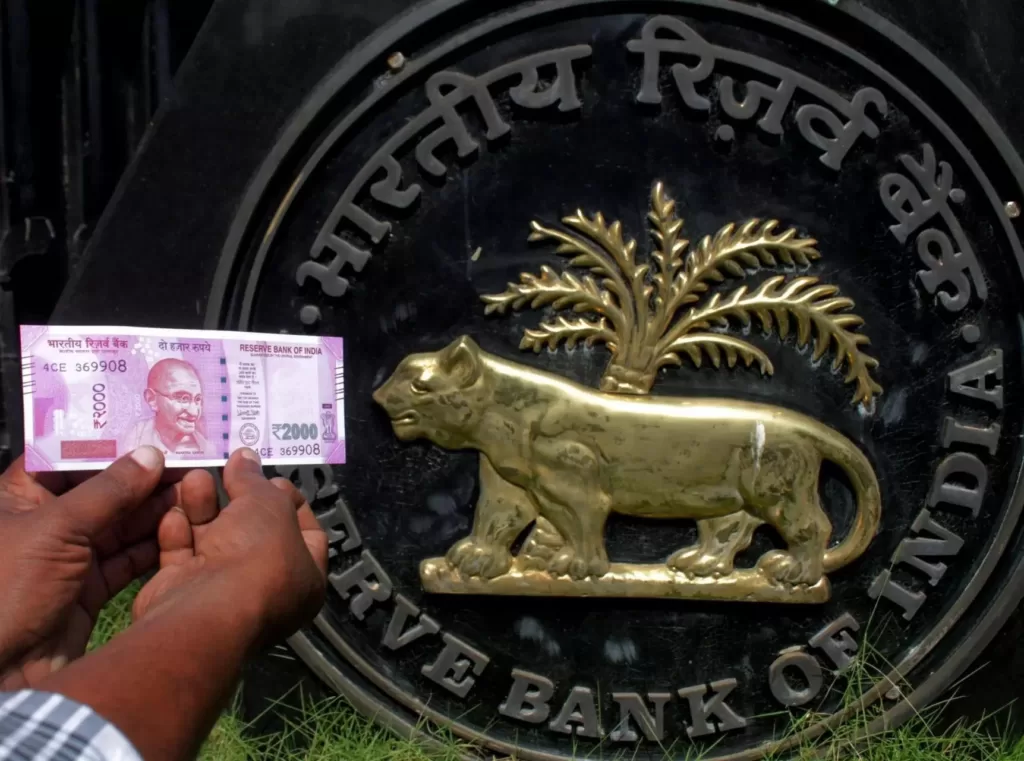The clarification comes amid alleged misinformation on social media that a form would need to be filled out, along with submitting identity documents like an Aadhaar card, in order to exchange the banned notes.

Putting to rest speculations regarding whether any form or slip would be required while exchanging or depositing ₹ 2,000 notes, the State Bank of India today issued a guideline to all its branches saying it will be allowed “without obtaining any requisition slip”. ₹ 2,000 notes up to a total value of ₹ 20,000 can be deposited or exchanged at a time, the guideline reiterated.
The clarification comes amid alleged misinformation on social media that a form would need to be filled out, along with submitting identity documents like an Aadhaar card, in order to exchange the banned notes.
Government sources said people can exchange ₹ 2,000 rupee notes up to ₹ 20,000 any number of times in a day. A person has to stand in a queue, and they can keep coming back and stand in the same queue after exchanging the money, they said.
There is no restriction on standing in the queue again after exchanging or depositing the notes once.
The Reserve Bank of India on Friday said it will withdraw ₹ 2,000 notes from circulation and people can exchange or deposit them in their bank accounts by September 30. The Reserve Bank of India’s (RBI) 19 regional offices and other banks will start taking ₹ 2,000 notes for exchange with lower denomination ones from May 23. They will remain legal tender, the RBI said.
In a release, the central bank said that this is being done under its “Clean Note Policy”.
The RBI may extend the deadline from September 30 if needed, but even if anyone has a ₹ 2,000 note after the current deadline, it will remain a valid tender.